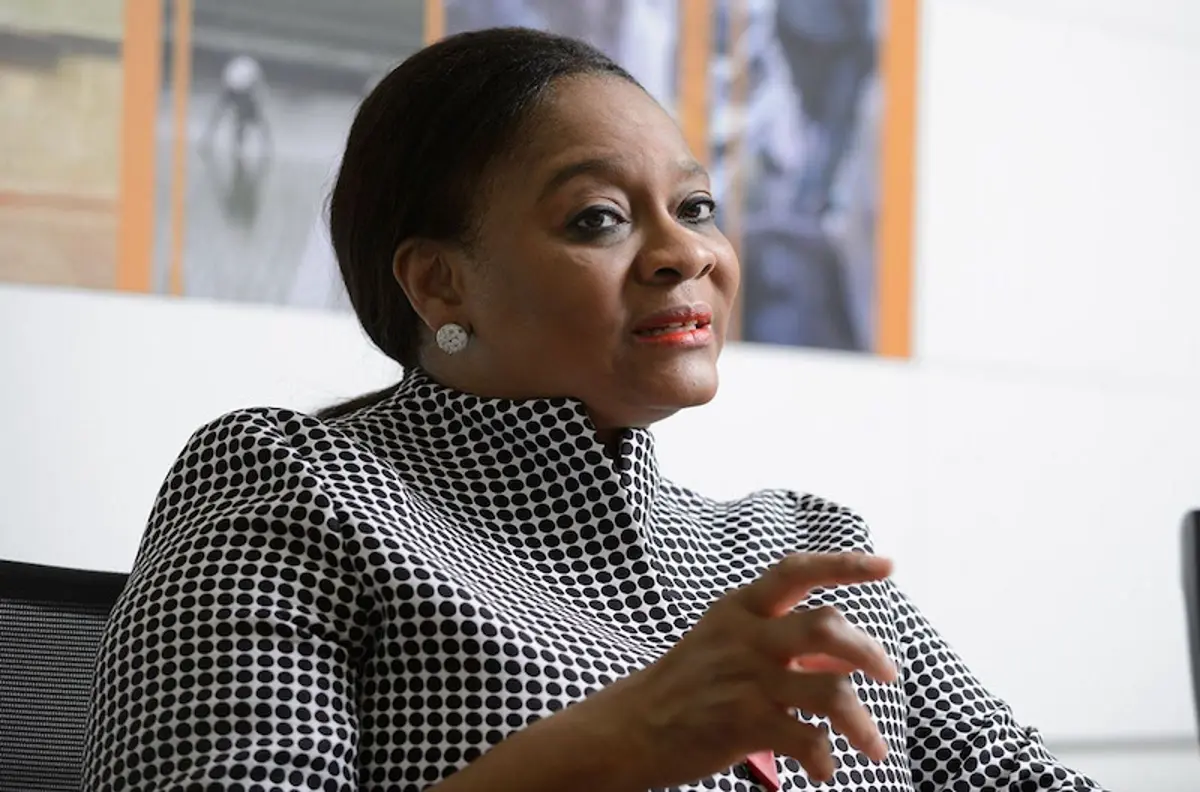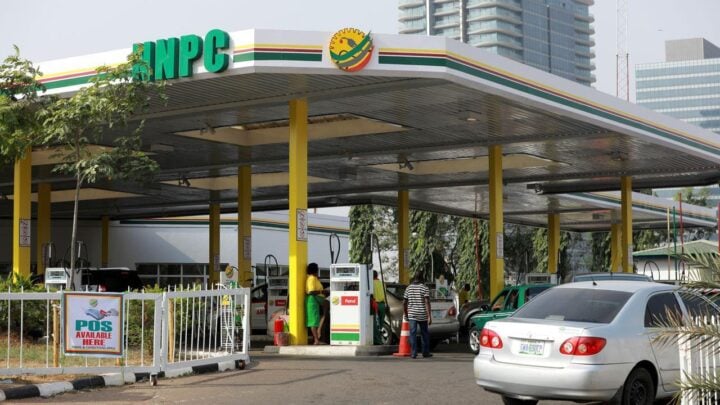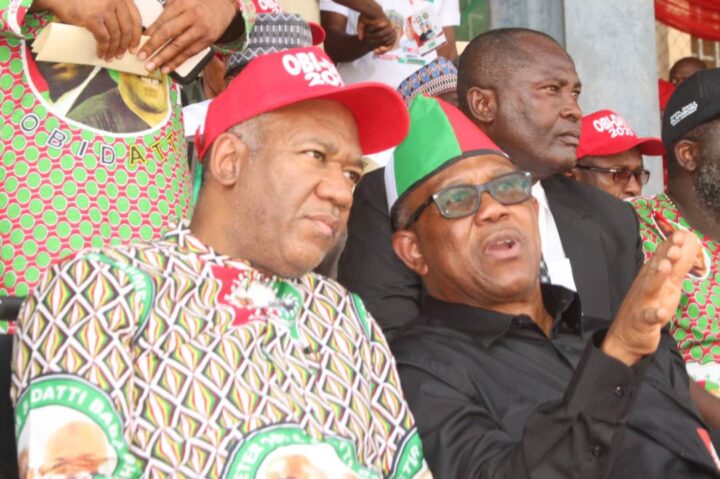Arunma Oteh, former treasurer and vice president of the World Bank, says Nigeria’s major challenge is spending all its revenues on debt servicing rather than investing in infrastructures.
Oteh spoke at the celebration of Seplat youth entrepreneurs in Abuja on Monday.
In her speech, titled, ‘unleashing Nigeria’s untapped potential through entrepreneurship and sustainability,’ the economist said the country needs to invest more in infrastructure and look beyond servicing debts.
In January, the federal government said a total of N5.24 trillion was spent on debt servicing between January and November 2022, out of its N6.5 trillion retained revenue for the same period.
Advertisement
This puts the country’s debt service-to-revenue ratio at 80.6 percent for the period under review — a figure far above World Bank’s suggested 22.5 percent for low-income countries like Nigeria.
The government also said the 2023 budget deficit would be finance by more borrowings.
Reacting to this, Oteh said the country cannot survive by serving debts.
Advertisement
“Give or take, we are spending all of our revenues on debt servicing. At a forum on Thursday, I said to the participants that can you imagine a household where you haven’t paid for your children’s education and transport, and there’s a health problem, you can’t pay,” Oteh said.
“You are just taking all that money and using it for debt servicing. There’s no household that can survive like that. On top of that, we have an inflation rate of over 20 percent.
“We have not invested in infrastructure. We have not invested in education, no country can survive a future without those kinds of investments.”
Oteh, also the chairperson of the Royal African Society (RAS), said any country that places value on its SMEs and entrepreneurship already understood the formula for future success.
Advertisement
The former director-general of the Securities and Exchange Commission (SEC) added that SMEs are capable of bailing the country out of its multidimensional challenges.
She said Nigeria had a lot of entrepreneurs that could be used to solve her multidimensional poverty and challenges, as entrepreneurs found solutions where others saw trouble — just as they are creative, innovative, tenacious and problem solvers.
Oteh, however, noted that Nigeria needed to surmount challenges faced by SMEs, which included an unfavourable business environment, poor access to credit, and an epileptic power supply.
“We need to sort out power because enterprises suffer more and the cost of doing business in Nigeria is higher than the cost of doing business in other countries,” she said.
Advertisement
“As an entrepreneur in Nigeria, you have to provide your own electricity, water, and logistics.”
Speaking on the training, the economist appreciated Seplat Energy and its partner, Conversation 4 Change (C4C), an NGO for the initiative to train, empower and support young entrepreneurs.
Advertisement
She said the government cannot do it alone and small and medium-scale enterprises remain the backbone of any economy.
Advertisement
Add a comment






